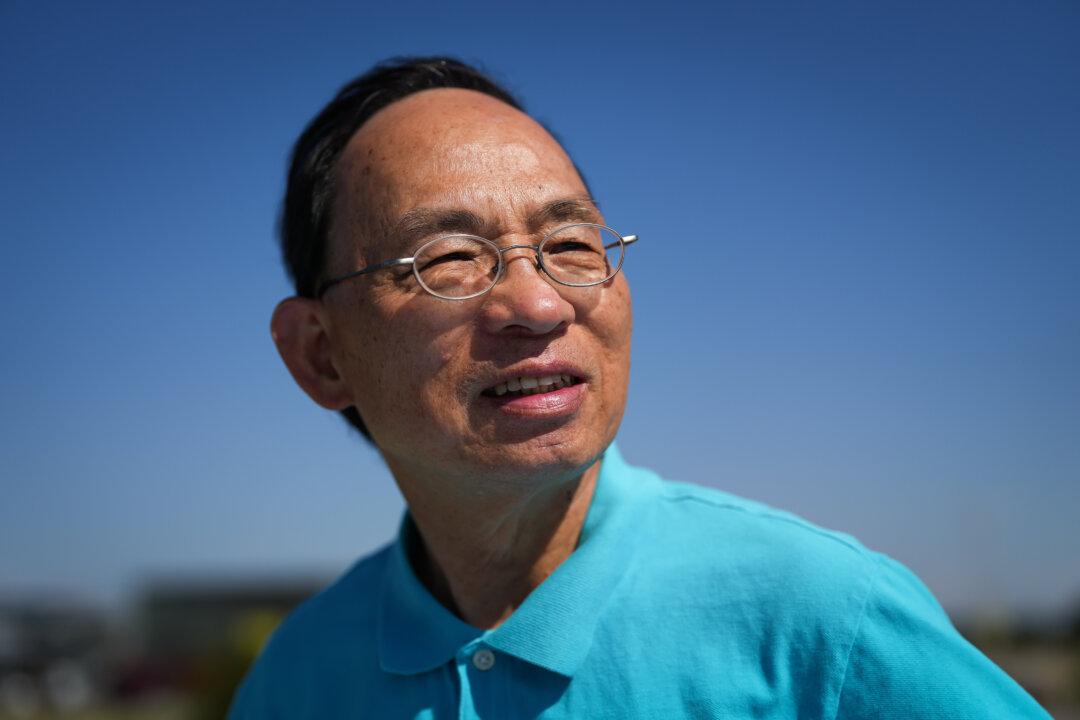The Hong Kong government says it will prosecute anyone who violates its arbitrary national security law—including foreign nationals outside of its territory—after recently laying charges against a Chinese Canadian journalist who criticized the ruling Chinese Communist Party (CCP).
On Aug. 3, the Hong Kong Security Bureau announced charges against Victor Leung-mau Ho, former chief editor for Canada’s Sing Tao Daily, for co-establishing the Hong Kong Parliament Electoral Organizing Committee, a Toronto-based organization aimed at electing an “exile” Hong Kong parliament.





